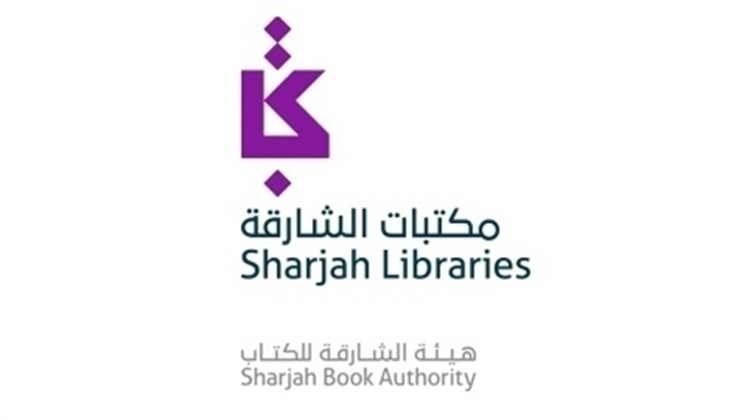SPL webinar shines spotlight on digital education’s efficacy
 Date: - Jan 21, 2021
Date: - Jan 21, 2021 
The Sharjah Public Library (SPL), an affiliate of the Sharjah Book Authority (SBA), elucidated the challenges caused by the rapid shift to e-learning for both educational institutions and corporate training organizations, and outlined key strategies to increase engagement in online learning to drive better outcomes for all at a webinar hosted recently.
Targeting teachers, students and professionals in the training industry, Dr. Ali Abou Abbas, CEO & Founder of Canadian Development Centre, a management training and consultancy firm in Canada, led the virtual session titled ‘Imperative methods to effectively implement e-learning strategies’.
As the world has shifted to e-learning as a primary mode of education, “being illiterate no longer refers to a person who cannot read or write, but one who has no access to opportunities to learn or relearn,” said Dr. Abou Abbas. “Digital literacy is a key component of the e-learning process and is integral for students and professionals to equally participate in and benefit from the vast information and knowledge available on the web.”
Illustrating with the example of Bloom’s Taxonomy - a well-formulated set of mapping tools to define cognitive objectives, he explained that while in the traditional education system, the learning process was based on acquiring lower order thinking skills (LOTS) through the process of remembering, understanding and applying, e-learning calls for higher order thinking skills (HOTS) that enable the learner to analyse, evaluate and create.
He said: “In order to reach the higher level of thinking skills, the lower order of thinking skills must be achieved first.”
Dr. Abou Abbas continued: “In the new culture of learning, the emphasis on skills related to accessing and processing information, communication, critical thinking, and problem solving, amongst others is enabling learners to not only widen their knowledge base but also apply these skills and knowledge in real-life situations and transfer the knowledge to new situations and experiences.”
Discussing the impact of information and communication technology (ICT) in driving the education shift from sequential learning to hypermedia learning characterised by a high level of interactivity, and to discovery/inquiry-based learning, he elaborated that the digital shift has also led to a more customised, self-paced, and collaborative learning style as opposed to the whole classroom learning approach in the traditional method.
As the new mode of e-learning has become mainstream globally, Dr. Abou Abbas also highlighted key strategies to increase engagement in the online learning process that includes providing active learning opportunities to students to solve real world problems through collaboration with national and global learners. He also emphasised that student maker programmes could leverage community engagement to extend their learning systems beyond the classroom.
He also implored contemporary educators to “teach less” and to instead assess learners for capability, knowledge, and skills in diverse fields.
The Sharjah Public Library was established as a private library in 1925 by Sheikh Sultan bin Saqr Al Qasimi under the name, Al Qasimiyah Library. Its location has since changed several times, from Al Husn (Sharjah Fort) in Bait Al Gharbi under the Mudeef Building to Sharjah City Municipality, then to Africa Hall, to Sharjah Cultural Centre and Sharjah University City. In May 2011, His Highness Sheikh Dr. Sultan bin Muhammad Al Qasimi, Member of the Supreme Council and Ruler of Sharjah, inaugurated the current building at the Cultural Palace Square under the title ‘Sharjah Public Library’. The new facility contains approximately half a million books in multiple languages spanning numerous fields including science, humanities, art, and literature.



